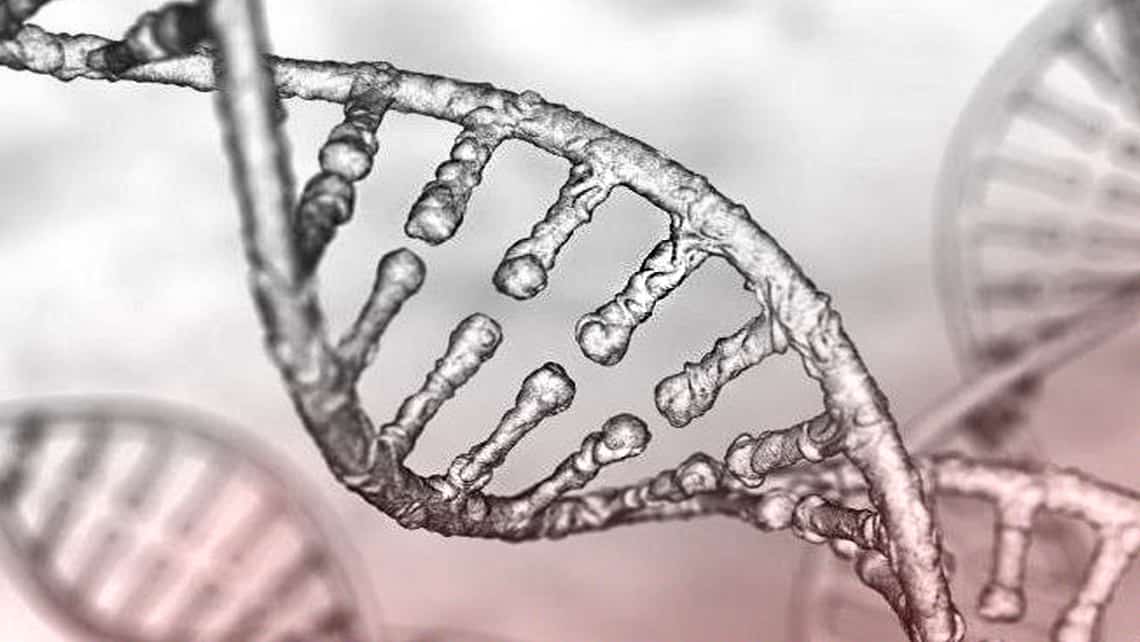
The importance of DNA in our lives: 25 April World DNA Day
The 25th of April is DNA Day, which commemorates Watson and Crick’s discovery of the structure of DNA in 1953. This date also coincides with another important milestone in the history of DNA, namely the culmination of the “Human Genome Project” in April 2003. Both discoveries marked a veritable revolution and a turning point in research into the molecular basis of genetic inheritance.
To celebrate these two anniversaries, public and private scientific institutions around the world will be opening their doors to the general public and organising a large number of events to raise awareness of this molecule and its implications for our daily lives.
WHAT EXACTLY IS ADN?
DNA contains the genetic information of most organisms and is made up of units known as nucleotides, more specifically four nucleotides known as Adenine (A), Guanine (G), Cytosine (C) and Thymine (T). These four letters alternate with each other to form long sequences of DNA not unlike a string of pearls. This combination of letters is not produced at random but rather in a precise way, as encoded in these letters are all the instructions (genes) that synthesise all the proteins of living beings, the molecules tasked with controlling and executing all the processes that take place in our organism.
Living beings cherish and preserve this highly valuable information by storing it in the nucleus of our cells. DNA does not leave the nucleus at any time and only copies (messenger RNA) are sent out in the form of individual instructions. An alteration of this sequence of letters (genetic mutations) can give rise to non-functional proteins that can often lead to the development of hereditary diseases. This is why the sequencing of the human genome has been so important: it has thrown open the entire book of instructions that is our DNA, our genome, and has been the starting point for a major revolution in biomedicine.
ADVANCES IN THE STUDY OF THE HUMAN GENOME
A large number of projects have been launched since 2003 to unravel many other questions and enigmas surrounding our DNA:
- The number of genes (genetic instructions) that exist in human beings and how they are organised (ENCODE Project)
- Total variants we can find and the effect they have on cellular processes (1000 Genomes Project).
- How the expression of these genes is controlled (Epigenome Project).
DNA is increasingly present in our lives. Our doctors are increasingly requesting genetic analyses to determine the origin of our illnesses and, in certain cases, to perform tailor-made therapies based on our genetic profile (personalised medicine). This diagnostic work has been facilitated by a major breakthrough in DNA analysis technologies:
- Array CGH (Comparative Genomic Hybridization) techniques allow us to ascertain whether any region of our genome contains an excess or a defect, which is what happens in a number of neurological diseases (e.g., autism).
- Massive Sequencing techniques (NGS) allow us to sequence our entire DNA in record time and identify the mutations that are responsible for any disease.
- Prenatal and pre-implantation diagnosis techniques (in foetuses and in embryos respectively) make it possible to identify diseases before birth, and it will even be possible to correct them at a very early stage (CRISPR/Cas9 technology).
Not only is it now possible to detect DNA in the nucleus of our cells, but also in the bloodstream. This new source of DNA (liquid biopsies) is proving very useful for the diagnosis of cancerous processes and avoids the need for more aggressive methods such as biopsies of the suspected tumour.
INTERNATIONAL DNA DAY
We are living in a new era in medicine blessed with better and more effective therapies for curing diseases based on new DNA technologies. Let us hope that they are only applied for this purpose and not for other purposes such as eugenics. The scientific community shall be vigilant to ensure that we do not yield to this temptation, as has happened on other occasions in our recent past.
The Instituto Bernabeu, a pioneering centre in the application of genetic techniques in reproductive medicine, wishes to endorse the celebration of “DNA Day” and congratulate all the researchers who, since Watson and Crick, have worked to unravel the mysteries of life through the study of the DNA molecule.
Dott. José A. Ortiz molecular biologist at Instituto Bernabeu Biotech
